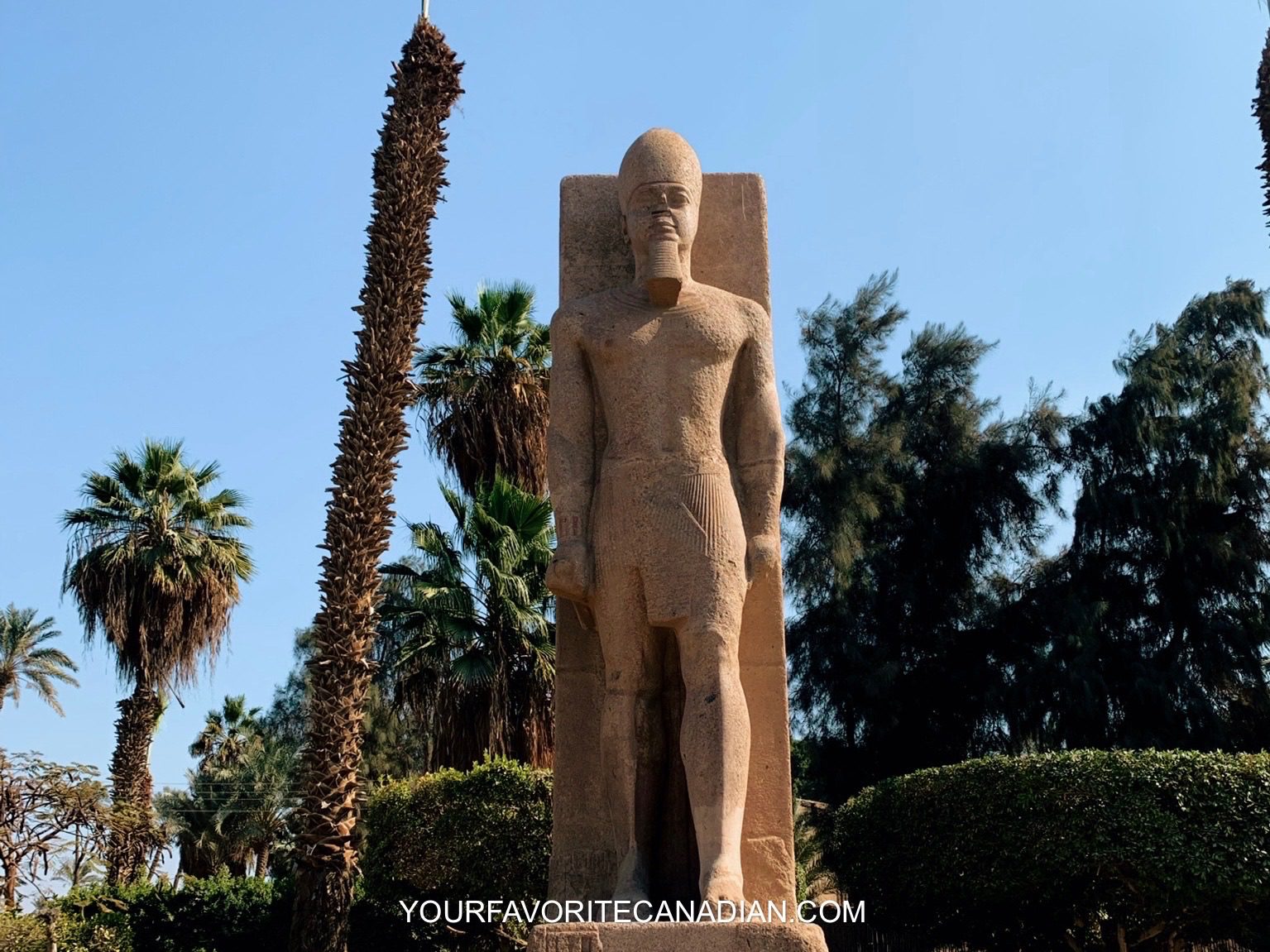Egypt, a land synonymous with ancient civilizations, pyramids, and the majestic Nile, has been at the heart of countless legends and mysteries. However, there’s more to Egypt than its pharaohs and archaeological wonders. From quirky cultural practices to fascinating historical tidbits, here are 25 fun facts about Egypt that will broaden your understanding and deepen your appreciation for this captivating country.
1. The Land of the Pyramids – Home to More than Just the Giza Trio
When people think of Egypt, the iconic Pyramids of Giza usually come to mind. But did you know there are over 130 pyramids in the country? These massive tombs are scattered across Egypt, with the Pyramids of Giza being the most famous and well-preserved.
2. Ancient Egyptians Were Pioneers in Medicine
The ancient Egyptians practiced medicine with a surprising degree of sophistication. They created some of the earliest known medical literature, including the Edwin Smith Papyrus, a surgical text dated to around 1600 BCE. This shows their understanding of surgeries, anatomy, and treatment methods centuries before other civilizations.
3. Egyptians Invented a 365-Day Calendar
To predict the annual flooding of the Nile, ancient Egyptians developed a calendar consisting of 365 days. This was based on the lunar cycle and the annual appearance of the star Sirius. It’s the precursor to the modern calendar we use today!
4. Cats Were Worshipped – And Fiercely Protected
In ancient Egypt, cats were more than pets; they were sacred. Egyptians revered cats, believing they brought good fortune and divine protection. Killing a cat, even accidentally, was considered a severe crime.
5. Cleopatra Wasn’t Egyptian
One of the most famous Egyptian figures, Cleopatra VII, wasn’t actually Egyptian by blood. She was of Greek descent and part of the Ptolemaic dynasty, a family that ruled Egypt after Alexander the Great’s conquests. She was the first Ptolemaic ruler to learn the Egyptian language.
6. The Ancient Egyptian Game of Senet
Egyptians were big on board games, and the game of Senet was one of their favorites. Dating back to around 3100 BCE, it is considered one of the oldest known board games in history. Senet was more than just a pastime; it was believed to reflect the journey to the afterlife.
7. The Nile is the Longest River in the World
Spanning over 6,650 kilometers (about 4,130 miles), the Nile is the longest river in the world. It was the lifeblood of ancient Egyptian civilization, providing water, transportation, and fertile soil for agriculture.
8. The Sphinx Has a Broken Nose – And Not by Napoleon
Contrary to popular belief, the Great Sphinx of Giza did not lose its nose due to Napoleon’s troops using it for target practice. Historians now believe that the nose was broken long before Napoleon arrived in Egypt, possibly by a Sufi Muslim who saw it as idolatrous in the 15th century.
9. Pharaohs Wore Fake Beards
In ancient Egypt, both male and female pharaohs wore ceremonial false beards. This was a sign of their godlike status. Queen Hatshepsut, one of the few female pharaohs, was often depicted with a beard to reinforce her authority.
10. Egypt Was Once Ruled by a Child King
Tutankhamun, the famed “boy king,” ascended to the throne at just nine years old. Although his rule was short-lived, his intact tomb, discovered in 1922 by Howard Carter, made him one of the most famous pharaohs in modern history.
11. Bread and Beer Were Staples of the Egyptian Diet
Ancient Egyptians consumed vast quantities of bread and beer. Beer, in particular, was considered a dietary staple and often safer to drink than water from the Nile.
12. Hieroglyphics Are a Complex System of Writing
Hieroglyphics consist of over 700 symbols and were used for religious texts and inscriptions. Deciphering them was a significant challenge until the discovery of the Rosetta Stone in 1799, which featured the same text in Greek, Demotic, and hieroglyphics.
13. The Oldest Dress in the World
The Tarkhan Dress, discovered in 1913 near Cairo, dates back over 5,000 years and is the oldest known woven garment. It highlights the Egyptians’ sophisticated textile skills long before modern fashion!
Stay connected! Follow us on social media for exclusive content & updates on our travels.
On our website, you’ll find all the essential information and tips, while on our social media, you’ll get even more – including personal experiences, funny moments, stunning videos, and much more!
14. The Curse of the Pharaohs
Many believe in the curse of the pharaohs, a superstition suggesting that those who disturb an ancient tomb will suffer misfortune. This belief gained traction after Lord Carnarvon, who funded the excavation of Tutankhamun’s tomb, died under mysterious circumstances shortly after its discovery.
15. Egypt Is Home to the World’s Largest Open-Air Museum
Luxor is often referred to as the world’s largest open-air museum, with monuments like the Karnak Temple and the Valley of the Kings. The city is a treasure trove for history lovers and archaeologists alike.
16. The Mystery of Mummification
Mummification was a critical part of Egyptian burial practices, intended to preserve the body for the afterlife. While the wealthy could afford elaborate mummification processes, even commoners had some form of preservation to ensure their safe passage.
17. The Lighthouse of Alexandria
One of the Seven Wonders of the Ancient World, the Lighthouse of Alexandria was a marvel of ancient engineering. Built on the small island of Pharos, it guided sailors safely into the harbor of Alexandria.
18. Egyptians Loved Perfume
Ancient Egyptians were pioneers in the art of perfume-making. They used fragrant oils and incense not only for personal use but also for religious rituals, believing that pleasing aromas brought them closer to the gods.
19. Egypt’s Capital Wasn’t Always Cairo
Before Cairo, Egypt’s capital shifted several times. It was once Memphis during the Old Kingdom, then Thebes during the Middle and New Kingdoms, and later Alexandria during the Ptolemaic period.
20. The World’s First Peace Treaty
The Egyptians and the Hittites signed the earliest known peace treaty in history after the Battle of Kadesh in 1274 BCE. A copy of the treaty can be seen at the United Nations headquarters in New York.
21. Egypt Has a City Called the ‘Mother of the World’
Cairo, the modern capital of Egypt, is often referred to as “Umm al-Dunya,” which translates to “Mother of the World” in Arabic. The city has been a center of learning, culture, and history for centuries.
22. Cleopatra Spoke Multiple Languages
Cleopatra VII was known for her intelligence and linguistic skills. She spoke several languages, including Egyptian, Greek, and possibly Hebrew and Aramaic, making her a skilled diplomat and ruler.
23. Women Had Many Rights in Ancient Egypt
In comparison to other ancient societies, Egyptian women enjoyed considerable rights. They could own property, initiate divorce, and engage in business. Some even ruled as pharaohs, like Hatshepsut and Cleopatra.
24. A Religious Nation with Many Gods
Ancient Egyptians worshipped over 2,000 gods and goddesses, each representing various aspects of life and nature. Ra, the sun god, and Osiris, the god of the afterlife, were among the most prominent.
25. Modern Egyptians Still Cherish Ancient Heritage
Even today, Egypt’s ancient heritage plays a significant role in the daily lives and national pride of Egyptians. Modern Egyptians are proud of their history and are dedicated to preserving their ancient monuments and traditions.
Final Thoughts
Egypt is a country of endless fascination, with its blend of ancient traditions and modern vibrancy. Whether you’re intrigued by its pharaohs, captivated by its mythology, or curious about its contemporary culture, Egypt has something to offer every traveler. These fun facts provide just a glimpse into the wonders of this ancient land, sparking curiosity and appreciation for a culture that continues to inspire and awe the world.
By exploring these intriguing facts, you not only deepen your knowledge of Egypt but also gain insight into a civilization that shaped much of human history. From its monumental achievements to its everyday customs, Egypt remains a timeless destination waiting to be uncovered.
Don’t want to miss out on our latest articles? Be sure to subscribe to our website, and you’ll receive a notification every time we publish something new!



